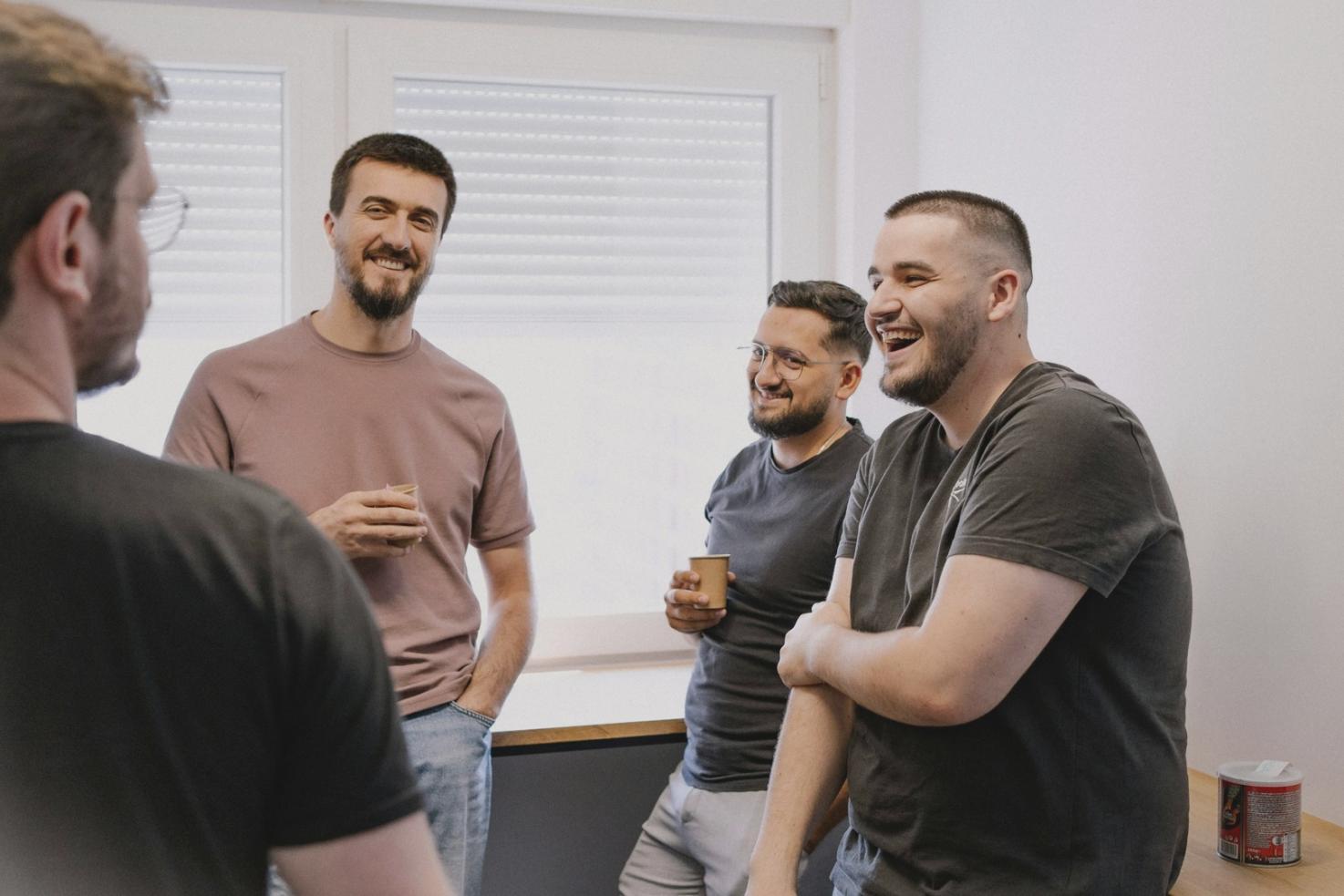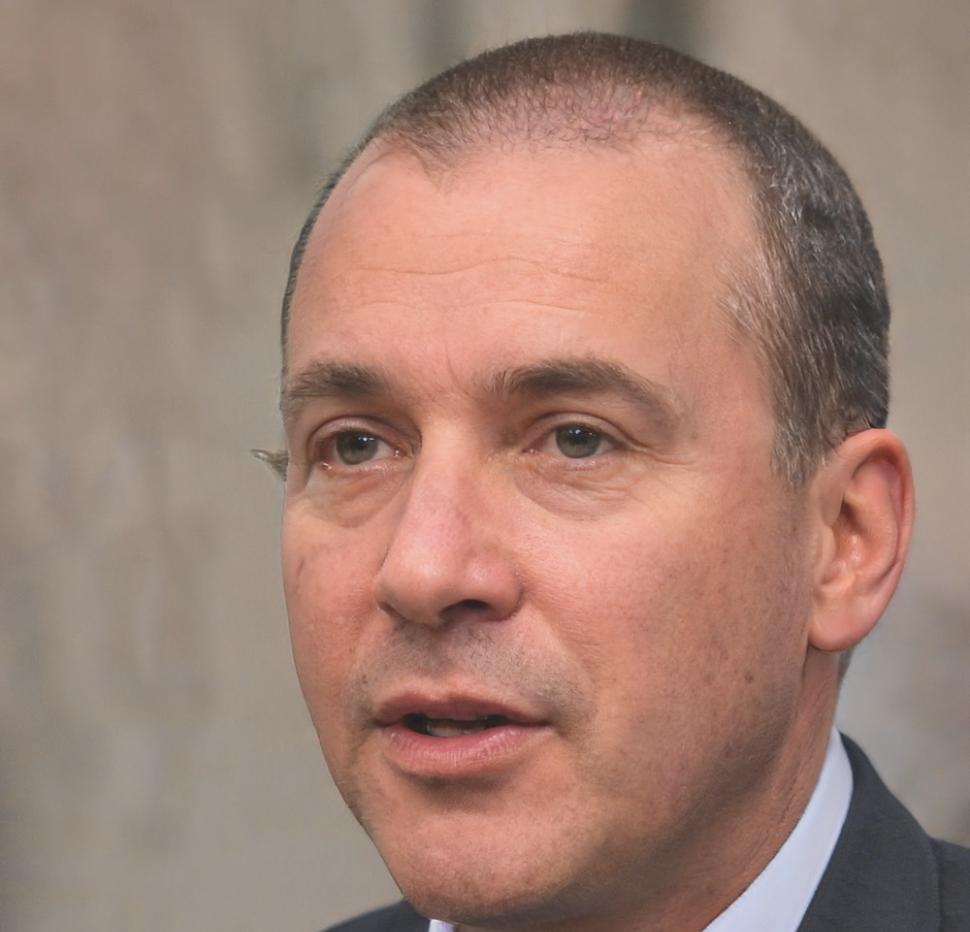Budget Allocation Workshops & Events
We run practical sessions throughout the year where you can get hands-on with different budgeting methods. These aren't your typical lecture-style events—people actually show up with their own financial data and leave with actionable plans.
Most of our workshops run between August and November 2025, giving you time to plan ahead. And honestly? The smaller group sizes mean you'll get real feedback, not just generic advice thrown at a room of fifty people.
Zero-Based Budget Deep Dive
This one's for people who want complete control over where every dollar goes. We'll walk through how to build a zero-based budget from scratch, including the parts most guides skip over—like handling irregular expenses and those annoying once-a-year bills.
- Location: Bundall Community Centre, QLD
- Duration: 3.5 hours (includes break)
- Capacity: Limited to 18 participants
50/30/20 Rule in Practice
Everyone's heard of the 50/30/20 rule, but making it work for your actual income and expenses? That's where people get stuck. We'll adjust these percentages based on real scenarios—whether you're paying off debt, saving for a house, or dealing with variable income.
- Location: Online via video conference
- Duration: 2 hours
- Materials: Digital workbook included
Envelope System for Digital Age
The envelope method still works—you just don't need physical envelopes anymore. This workshop shows you how to apply the same principles using apps and online banking tools. We'll set up categories, automate transfers, and create fail-safes so you don't accidentally overspend.
- Location: Bundall office (5/21-23 Upton St)
- Duration: 4 hours
- Bring: Laptop with banking access
Pay Yourself First Strategy
This approach flips traditional budgeting—you prioritize savings and investments before anything else. Sounds simple, but there's a lot of nuance around how much to allocate, which accounts to use, and how to adjust when life throws you a curveball.
- Location: Online via video conference
- Duration: 2.5 hours
- Focus: Automation and goal setting

Budget Allocation Summit 2025
Our biggest event of the year brings together multiple budgeting approaches in one intensive day. You'll rotate through four different sessions, each focused on a specific allocation method. By the end, you'll know which approach fits your financial situation best.
We keep this event small—only 40 spots available—because the format relies on group discussions and personalized feedback. Past attendees have told us the networking alone was worth it, just from meeting others who take their budgets seriously.
I'd been using the same budgeting app for years but never really understood why my spending categories were set up that way. The September workshop helped me restructure everything based on actual priorities instead of default settings. Three months later, I'm finally building my emergency fund consistently.
How to Get the Most from Our Events
These workshops are designed for active participation. Here's what tends to work best based on feedback from previous attendees.

Come Prepared with Your Numbers
Bring your actual income figures and recent spending data. You don't need everything organized perfectly—just enough detail so you're working with real information rather than estimates. The exercises are more valuable when you're dealing with your own financial reality.
Set One Specific Goal
Before the workshop, identify one thing you want to improve. Maybe it's getting better at tracking discretionary spending, or figuring out how much you can actually afford to save each month. Having a focus helps you apply what you learn immediately.
Ask About Your Situation
General advice only gets you so far. When we open up for questions, bring up your specific circumstances—whether that's managing student loans, dealing with seasonal income, or juggling multiple savings goals. That's where the real problem-solving happens.
Test It for Three Months
After the workshop, commit to trying the method for at least three months before deciding if it works for you. Most budgeting approaches need that adjustment period. You'll probably tweak things along the way—that's normal and actually part of making it sustainable.
